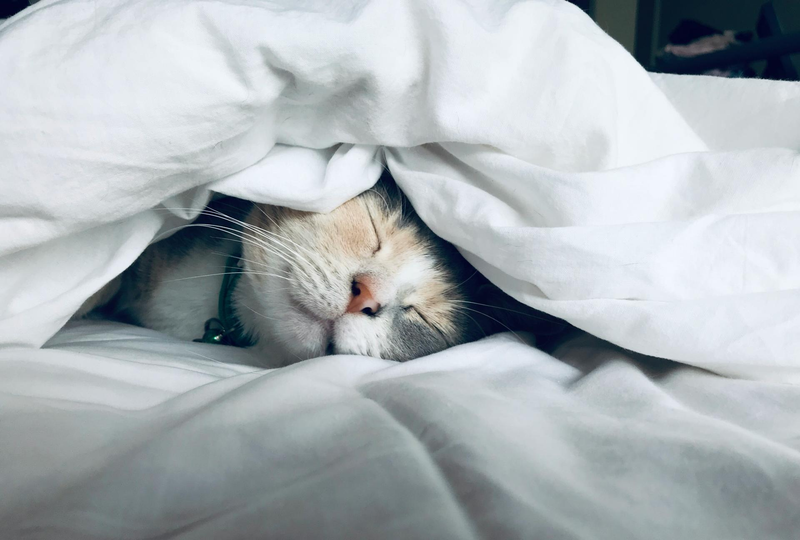
Dealing with a social hangover

Last week, I had a large networking event on my schedule. It was a busy and lively event, filled with interesting conversations and new contacts. However, I noticed the next day that my energy levels were significantly lower. This feeling, which I call a 'social hangover,' is something many introverts experience. But what exactly happens in such moments, and how can you best deal with it?
Let's start with how a social hangover occurs. Introverts and extroverts process stimuli differently. The brains of introverts are more sensitive to dopamine, a neurotransmitter released during rewards and social interactions. While extroverts gain energy from this dopamine boost, introverts can feel overwhelmed by it. Social events can lead to 'overstimulation,' causing introverts to feel exhausted and even anxious afterward.
A social hangover is quite common among introverts. It requires you, as an introvert, to give it careful attention. Make sure to carve out time for yourself after a busy social activity. This can range from a quiet evening at home to a walk in nature. Or set up a space in your home where you can relax.
Meditation and breathing exercises can help calm your mind and reduce the tension from overstimulation. Avoid further overstimulation after an intense social event by, for example, turning off your phone, not watching TV, or withdrawing from busy environments.
It's also important to communicate your need for rest and space to friends and family. They will be more understanding of your situation if you explain why you need time for yourself.
Take time for activities you enjoy and that help you relax, such as reading, taking a warm bath, or doing something creative. Writing in a journal or talking with a friend can also help. Reflecting can give you insights into what you need to recover better.
A social hangover is certainly not a sign of weakness. It is a healthy and necessary response of your body and mind to overstimulation. By taking good care of yourself and respecting your boundaries, you can learn to manage it better and maintain your energy for the things that truly matter to you.
Would you like to discuss this further? Feel free to get in touch.

About the author
- Karolien Koolhof is a coach voor introverts and gifted individuals
- Author of the book Introvert Leadership
- Contact

